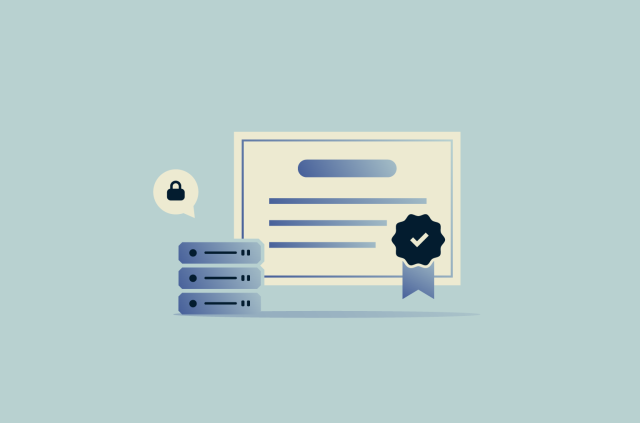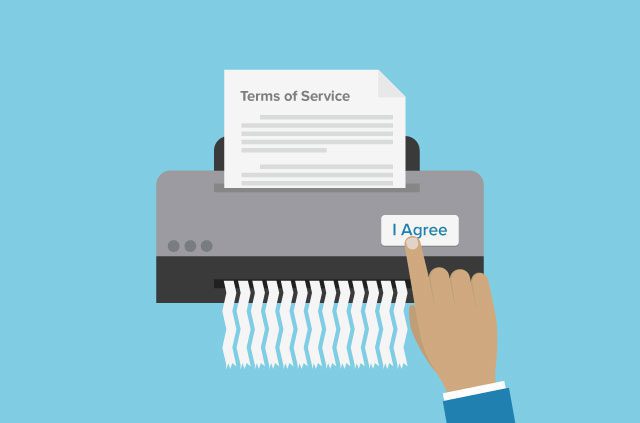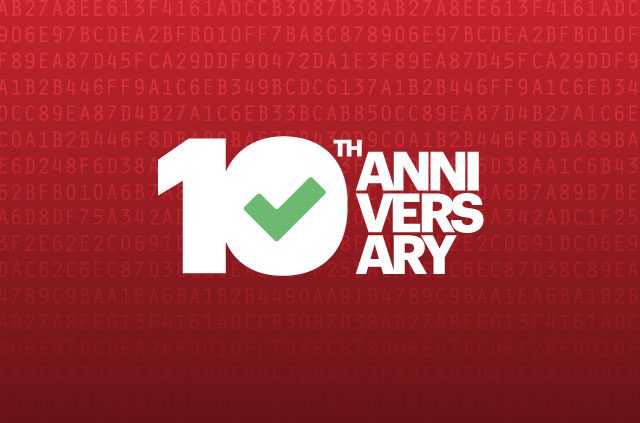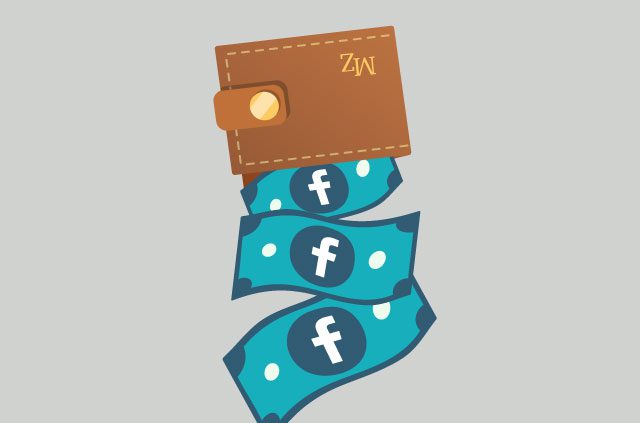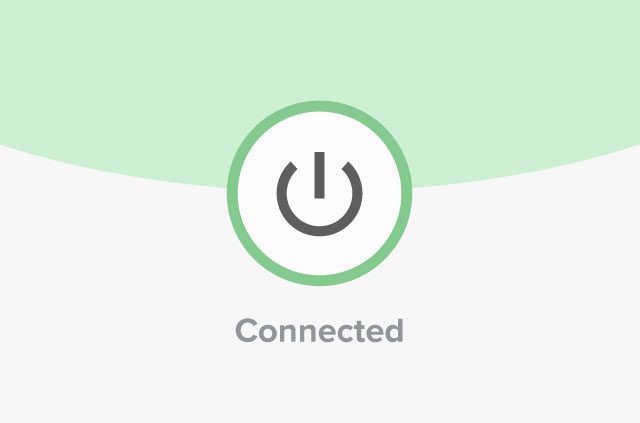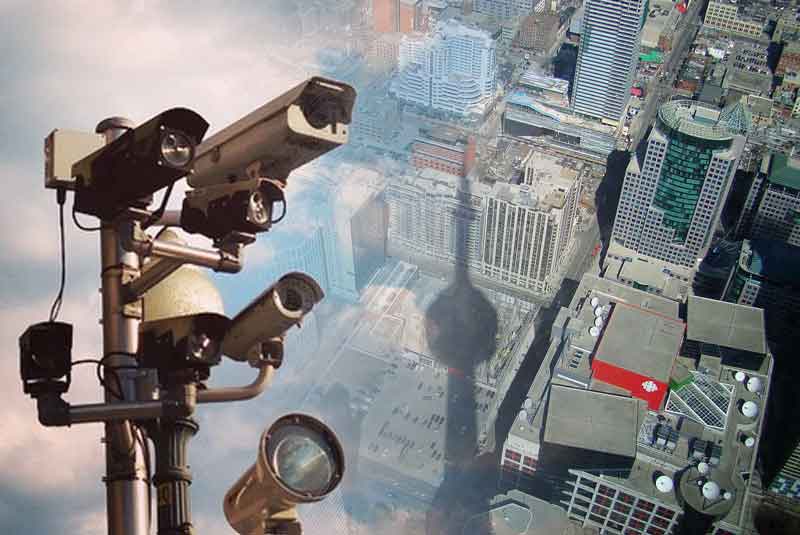
Canadians aren't regarded as masters of intrigue and secrecy. While the country's intelligence service, CSIS, is decently funded and provides a measure of protection to citizens, it's got nothing on the NSA or the GCHQ. But times may be changing thanks to a new law just passed in the Great White North. Have these peaceful, poutine-loving puck droppers finally gone pro-spy like the rest of the “civilized” world?
Terror Targets
According to the Winnipeg Free Press, the Harper government has pledged almost $300 million this year to provide additional resources to Canada's national police force, the RCMP, along with the Canada Border Services Agency and the Canadian Security Intelligence Service (CSIS). The reason? To fight “terrorists and terrorist financing.” That's also the thought process behind Bill C-51, which has been under debate in the House of Commons for several years. As reported by France 24, just one-third of Canadians support the broader security powers, even in the wake of a terrorist attack last October when a gunman killed a ceremonial guard at the National War Memorial and stormed Parliament Hill. But the majority government has bulled ahead with this legislation in hopes of increasing CSIS's reach both at home and abroad.
Current Oversight
As noted by a recent article from The Star, CSIS is already keeping tabs on ordinary Canadian citizens. Journalist Craig Desson filled out an online request form asking for any data the spy agency had on file about him, and got a 15-page package in return. To the organization's credit, it took them just three weeks to compile and send the results, but according to Desson, they were mostly confusing and vague. There was a copy of an article he wrote about a Chrome plug-in to alert users about sites with unencrypted cookies along with information about his date of birth and employer and a large volume of data relating to an RCMP background check.
Some information was deliberately withheld, however, and when Desson emailed to inquire, he was told by CSIS that there was “information in the records we processed that we determined needed to be withheld because its release would be injurious to the efforts of Canada toward detecting, preventing, or suppressing subversive or hostile activities." In plain English: We're not telling. The agency also noted that Desson's background check information could be kept on file from 6 to 50 years at the discretion of CSIS.
Even without enhanced powers, the agency already has the ability to tap communication among Canadians; as reported by Mobile Syrup, for example, Google Hangouts do not use end-to-end encryption, meaning they could be wiretapped by the search giant itself or a motivated spy organization.
New Powers
So what exactly is the Harper government giving CSIS license to do both inside and outside of Canada? It starts with intercepting financial transactions and extends to preventing suspected criminals from boarding planes, allowing the agency to intercept weapons or hijack suspicious social media accounts and use them for “counter messaging.” Opposition party members have slammed the bill as an erosion of Canadian rights and freedoms, while Canada's Privacy Commissioner Daniel Therrien calls the new powers “excessive” and says Bill C-51 is “seriously deficient” when it comes to safeguarding privacy. Prolific author Margaret Atwood, meanwhile, believes that these new powers could put any citizen in the line of fire for their online conduct, tweeting:
#BillC51 about to be passed in Canada. See you in the slammer, kids, where I'll doubtless be put on suspicion of being reckless. Me + many.
— Margaret E. Atwood (@MargaretAtwood) May 5, 2015
Empty Promises?
Dick Fadden, national security adviser to the Prime Minister, says that these new powers only seem frightening but in reality aren't so bad. He argues that “there has to be an actual threat to national security” for CSIS to leverage its authority, but who exactly determines this threat level and how they're held accountable isn't covered. If it's anything like other countries with similar legislation, the spy agency will effectively become self-policing. John Bennet of environment protection agency The Sierra Club of Canada says that his organization has already been targeted by CSIS as a potential threat, and likens the new powers to “using a bulldozer to catch ants.”
Bottom line for Canadians or anyone doing business in this “friendly” nation? When even CSIS wants to read your mail and know what you've ordered from Amazon, it's time to safeguard yourself online. As for Canada? There's a federal election on the way — citizens can decide what matters more: privacy or “protection.”
Featured image: Bobby Mikul / Public Domain Pictures.net (image has been modified)
Take the first step to protect yourself online. Try ExpressVPN risk-free.
Get ExpressVPN




